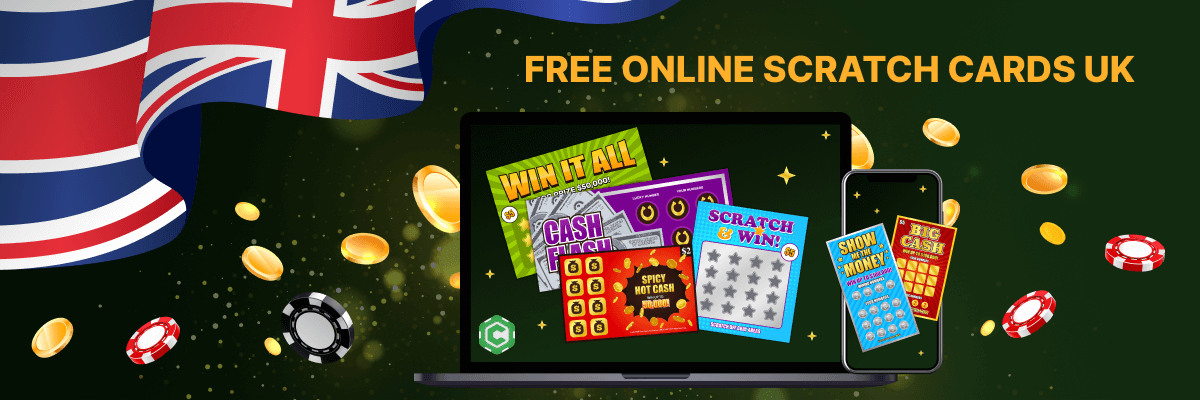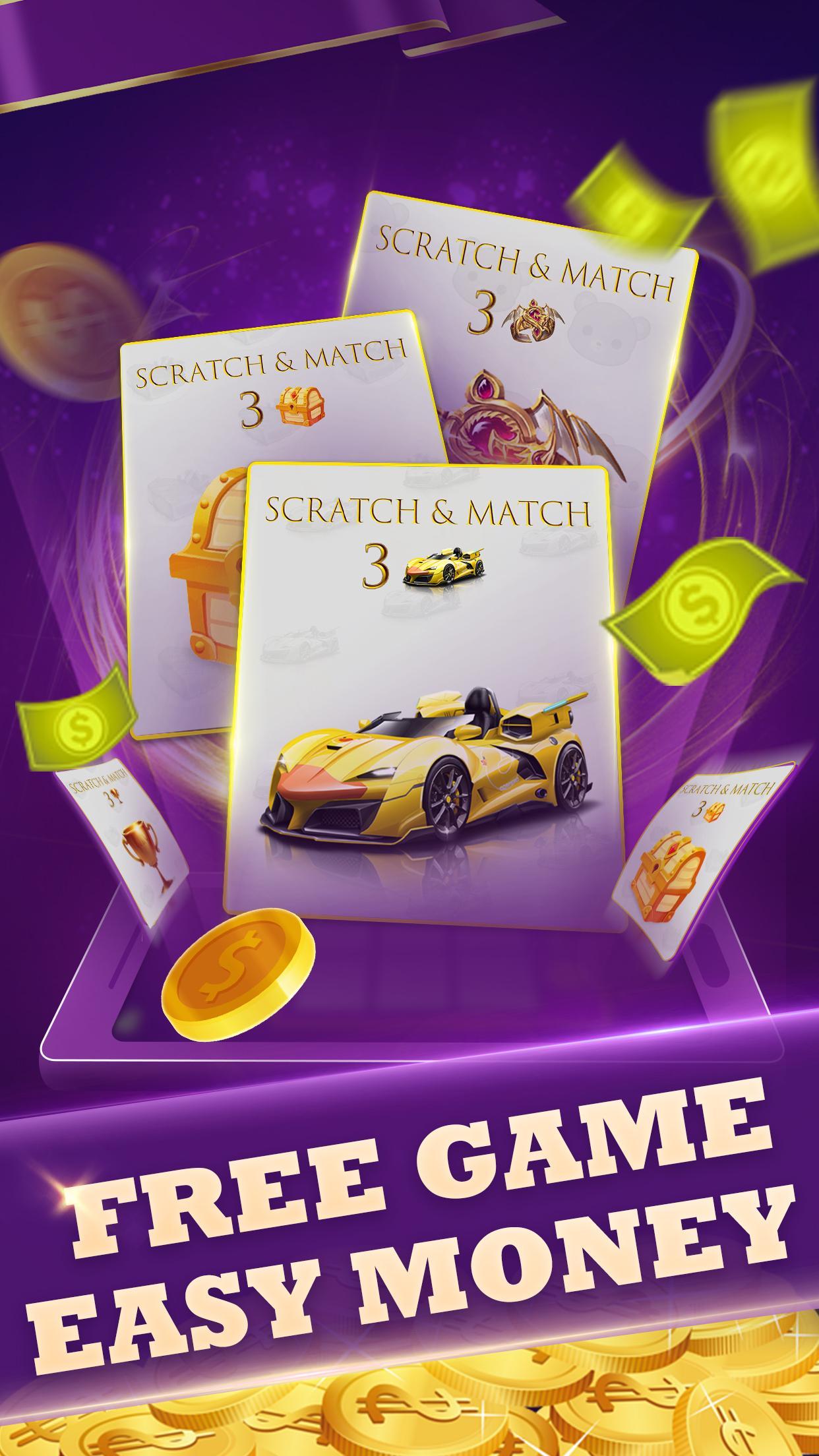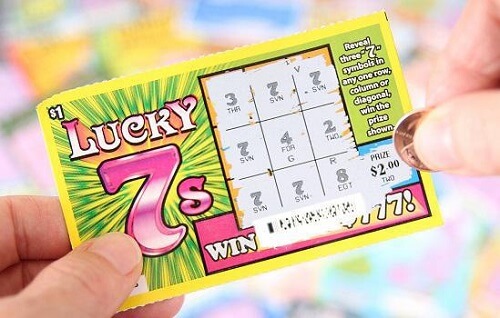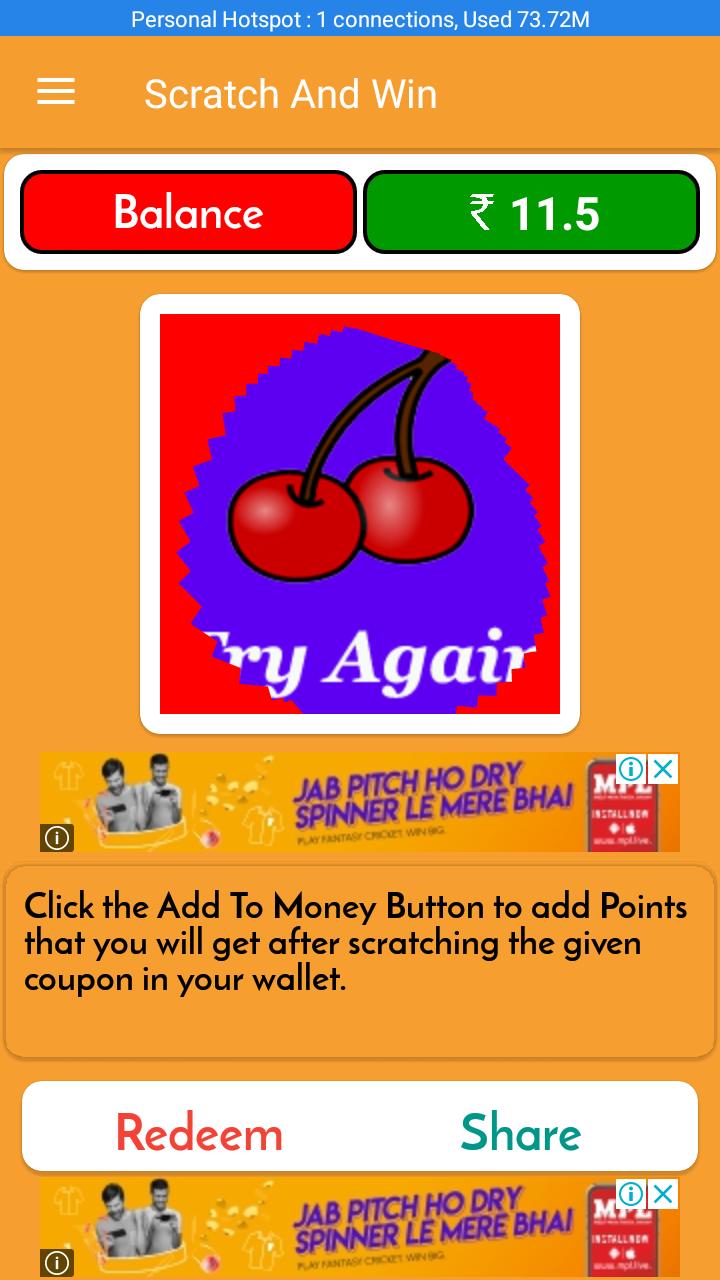Free Online Scratch Cards Win Real Money No Deposit

The allure of instant gratification and risk-free financial gain is drawing attention to a growing trend: free online scratch cards offering the potential to win real money without requiring an initial deposit. While the concept appears enticing, understanding the intricacies and potential pitfalls is crucial for consumers.
This article explores the emergence of these online platforms, examining their mechanics, regulatory landscape, and the experiences of users. It aims to provide a balanced perspective on an industry that walks a fine line between legitimate entertainment and potential exploitation.
The Rise of Free Scratch Card Platforms
Several online platforms have emerged in recent years offering free-to-play scratch card games. These sites often operate under a sweepstakes model, where users can accumulate entries or virtual currency through free gameplay and daily login bonuses, which can then be used to enter draws for real money prizes.
Lucktastic, Scratchmania, and similar apps are examples of companies operating in this space. They typically generate revenue through advertising and data collection, leveraging user engagement to attract advertisers seeking to reach a specific demographic.
How They Work: A Closer Look
The mechanics vary across platforms, but the core principle remains consistent. Users typically download an app or visit a website and register for an account. They are then presented with a selection of virtual scratch cards to play.
Each scratch card reveals a set of symbols or numbers, and matching combinations result in winning entries or virtual currency. These accumulated entries can then be redeemed for chances to win real money prizes in sweepstakes draws.
The odds of winning a substantial prize are often very low, akin to traditional lotteries. However, the no-deposit aspect removes the initial financial barrier, making it appealing to a broader audience.
Legality and Regulation
The legal status of these platforms is complex and varies depending on jurisdiction. Many operate under sweepstakes laws, which require them to offer a free method of entry and ensure that prizes are awarded randomly.
However, the line between sweepstakes and illegal gambling can be blurred, especially when elements of skill or chance are combined. Regulatory bodies like the Federal Trade Commission (FTC) and state gambling commissions are actively monitoring these platforms to ensure compliance.
According to a statement from the FTC, consumers should be wary of any platform that promises guaranteed winnings or requires them to share excessive personal information.
"If it sounds too good to be true, it probably is."
User Experiences and Potential Pitfalls
User reviews of free online scratch card platforms are mixed. Some users report enjoying the entertainment value and the possibility of winning small prizes. Others express frustration with the low odds of winning and the constant exposure to advertisements.
A common concern is the potential for addiction. The ease of access and the "near-miss" effect, where users frequently come close to winning, can encourage compulsive behavior. Furthermore, the platforms collect user data, which raises privacy concerns.
It's important to recognize that these platforms are businesses designed to generate profit. While they may offer the opportunity to win real money, the primary beneficiary is often the platform itself, through advertising revenue and data collection.
Impact on Society and Consumer Awareness
The proliferation of free online scratch cards raises broader societal questions about responsible gaming and financial literacy. These platforms can be particularly appealing to vulnerable populations, such as young people and individuals with limited financial resources.
Increased awareness and education are crucial to mitigating potential risks. Consumers should be informed about the odds of winning, the potential for addiction, and the privacy implications of sharing personal data.
Organizations like the National Council on Problem Gambling (NCPG) offer resources and support for individuals struggling with gambling addiction. They advocate for responsible gaming practices and consumer protection measures.
In conclusion, while free online scratch cards offering real money without a deposit may seem like an appealing way to earn extra cash, they come with significant caveats. Consumers should approach these platforms with caution, understanding the odds, the potential risks, and the importance of responsible gaming.




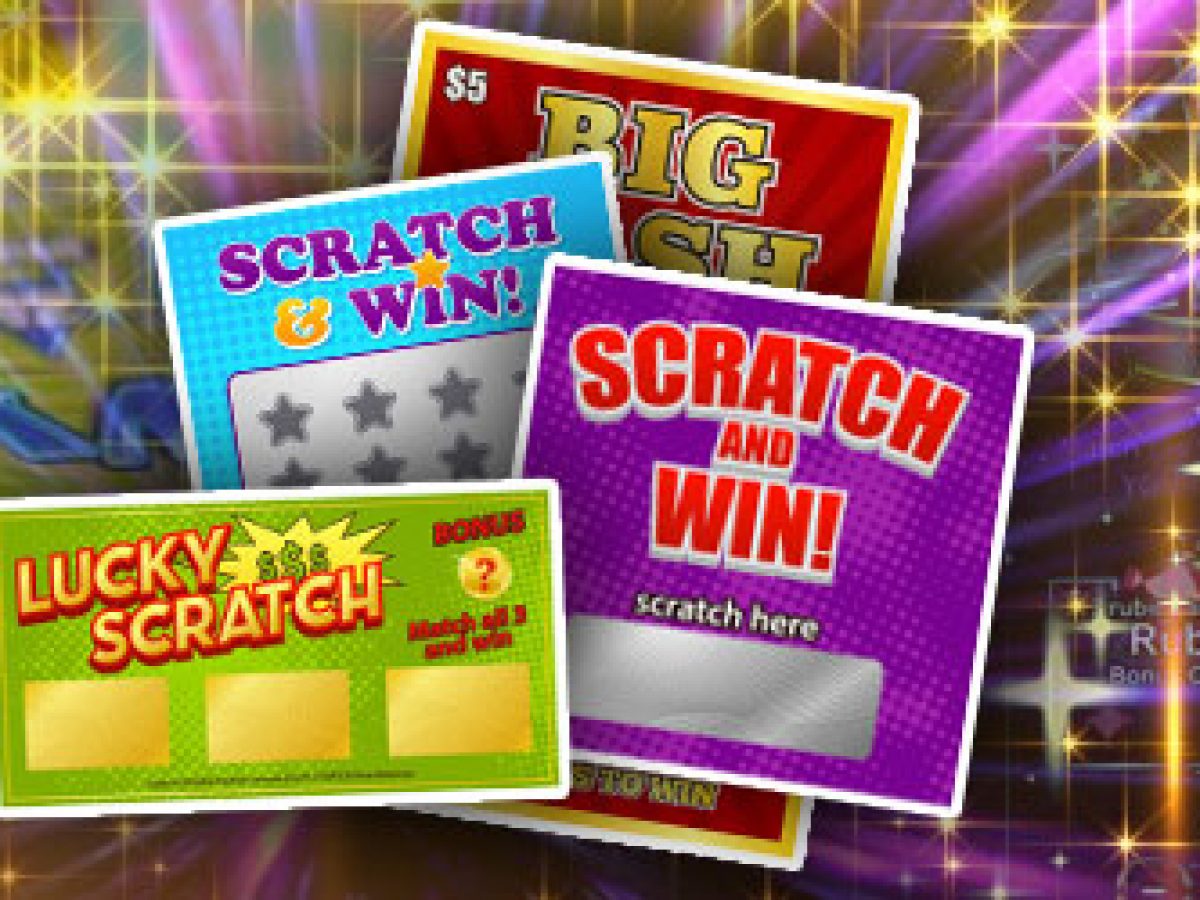


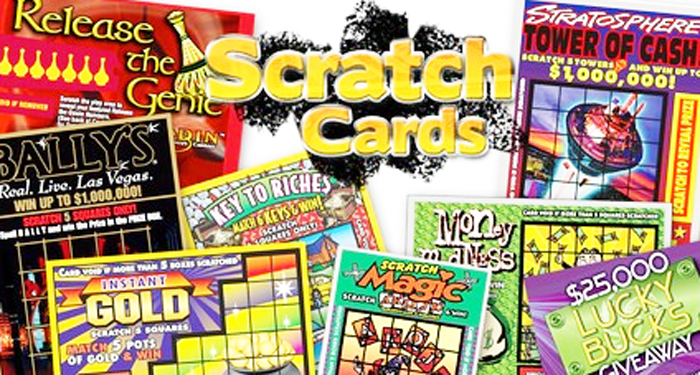

.jpg)

